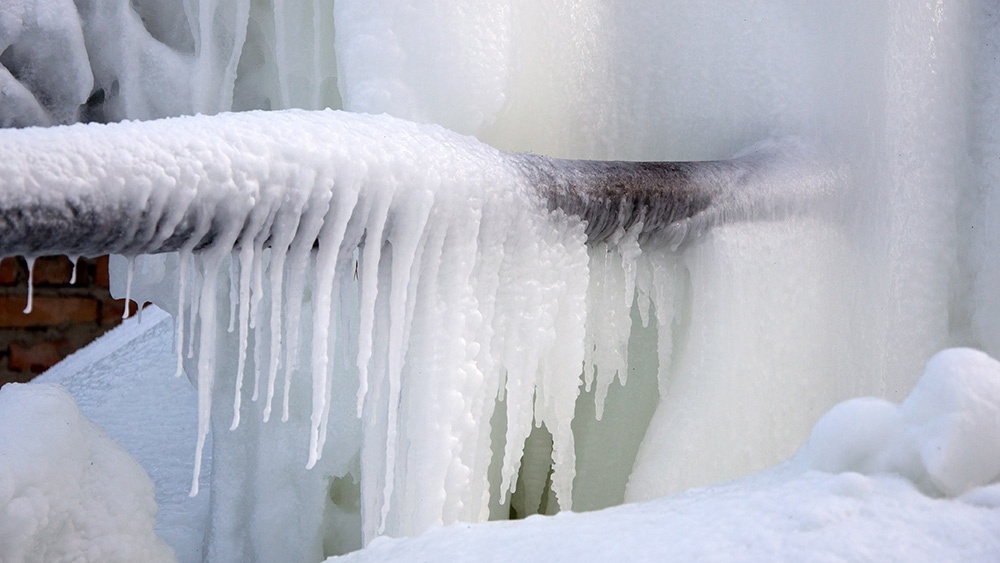
Winter is one of the most expensive times of the year for many homeowners in Maryland. Colder temperatures make plumbing more susceptible to cracks and leaks, causing even the tiniest of issues to turn into a major inconvenience - just in time for the holidays.
Thankfully, planning and preparation reduce the chance of a plumbing emergency. Here are five tips to help you avoid costly plumbing leaks in your home this winter.
Drain & Clean Out The Hot Water Heater
Hot water is a necessity in the winter. You need it for bathing, cleaning, cooking, and much more during the cold months. That’s why it's vital to pay attention to the hot water heater before the cold sets in for the season.
Sediment buildup collects in the bottom of the hot water heater tank throughout the year, causing rust and other damage. Prepare for the cold season by draining the tank and removing any debris. Then, determine if any existing rust or damage needs to be addressed by a plumbing professional.
To ensure you're prepared for the winter, have the hot water heater inspected or replaced by a plumbing expert ahead of a potential emergency.
Protect The Pipes And Replace Rubber Hoses
One of the easiest and most important ways to avoid plumbing leaks this winter is by protecting the pipes. Most home improvement stores sell pipe insulation materials that are easy to install and cost only a few cents per foot. This is especially crucial in areas such as the attic, crawlspace, and basement and those that aren't heated or along an exterior wall.
Also, check any rubber hoses for damage. Look for signs, such as cracks, or replace older rubber hoses as a precautionary measure. Gaskets and other rubber components should also be looked over thoroughly for damage due to aging or bad weather.
Shut Off The Main Water Valve Before Vacation or Extended Time Away
If you travel for the holiday season, shut off the main water valve to your home before heading out of town. If you're unsure of where this is located, look for where the main water line enters your home. In some cases, this is the basement, garage, or even on the exterior of your home.
If turning the water off while you're away makes you nervous, have a trusted friend or family member stop by and check for leaks every few days - even if the winter weather is great. This helps with the detection of small issues before they become major plumbing problems.
Install A Low-Temperature Detector
Another way to protect your home from water damage this winter? Install a low-temperature detector. This system alerts you when areas in your home dip below a certain level, allowing you the opportunity to protect piping before it freezes.
Unhook And Store The Outdoor Hose
Gardening and landscaping season is over, and you don't need an outdoor hose in the wintertime. If you leave it connected, ice and pressure buildup causes damage to plumbing lines and/or the faucet itself. It's always a good idea to unhook and store the outdoor hose in a safe place, such as a garage or shed.
It’s also important to detect any existing plumbing leaks before the temperatures dip and a small plumbing problem becomes a plumbing emergency. If you happen to notice issues, call a professional for a thorough examination of your home.
For more information about how to prepare your residential plumbing for the winter, download Warner Service's Plumbing Troubleshooting Checklist. Click on the button below to get started:


